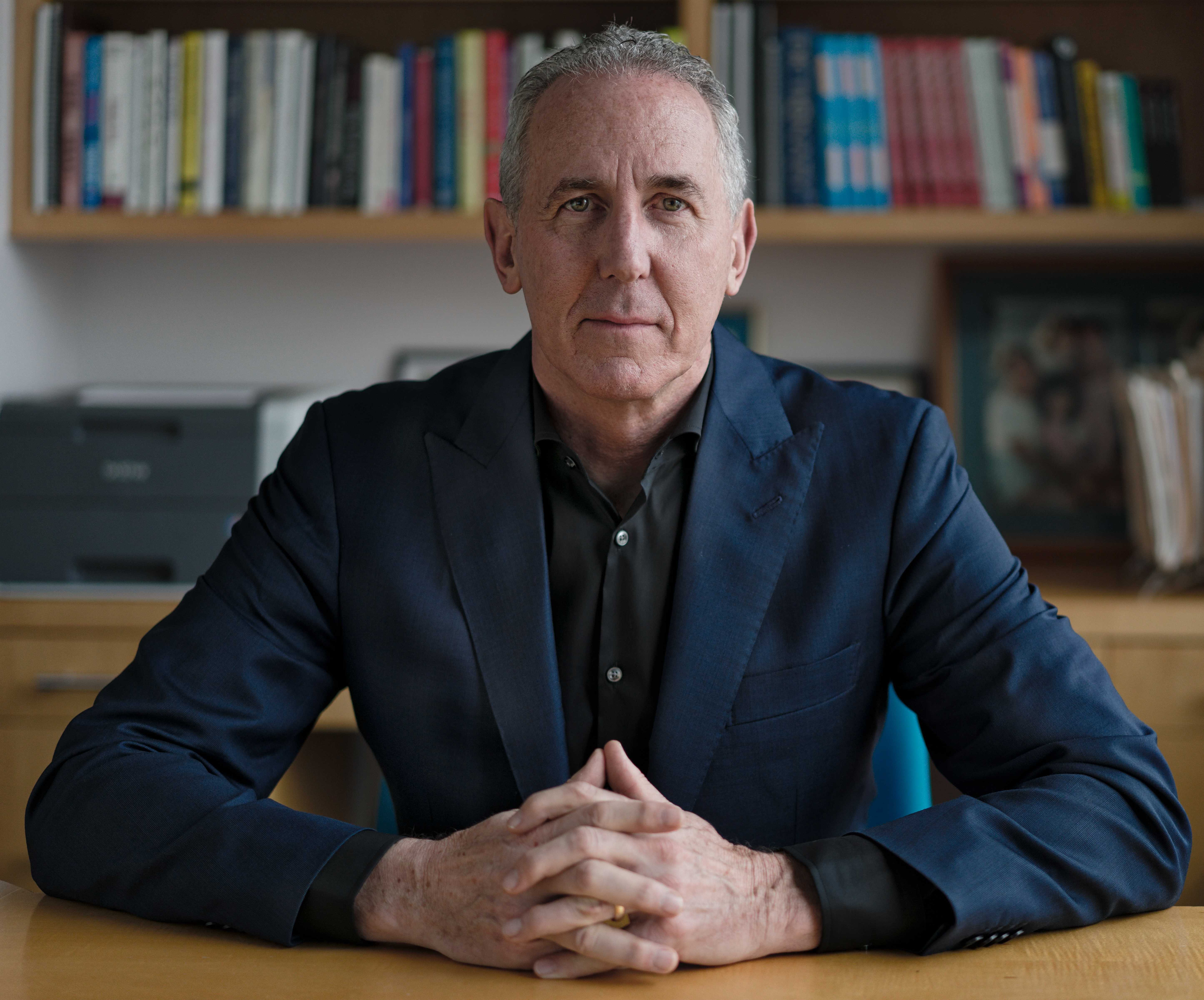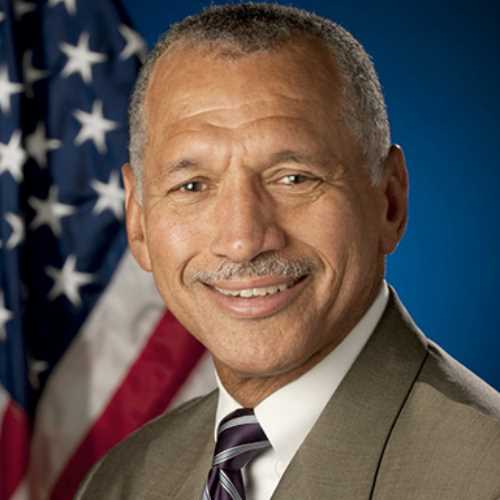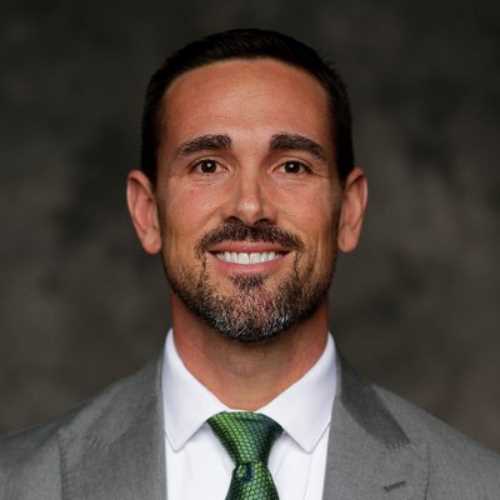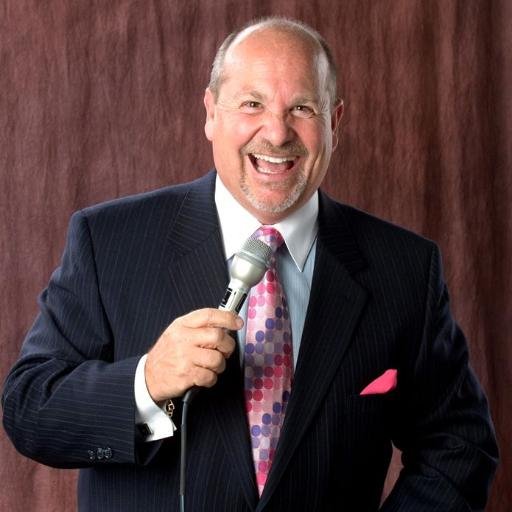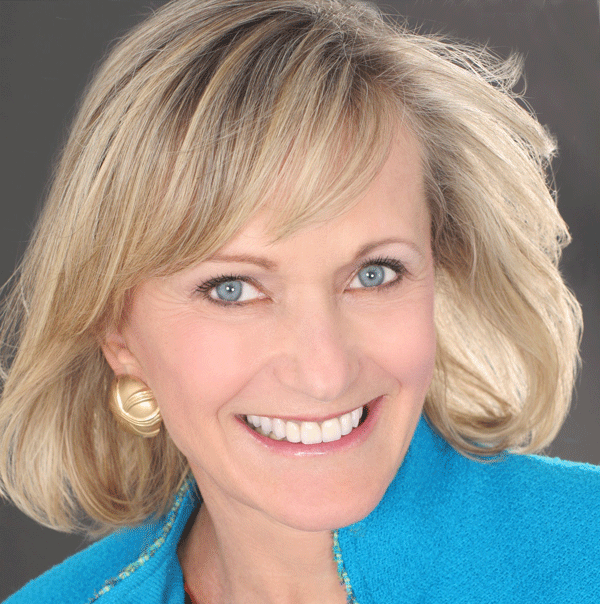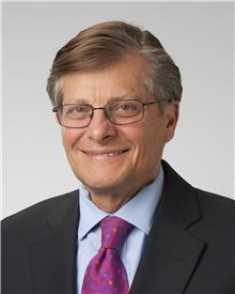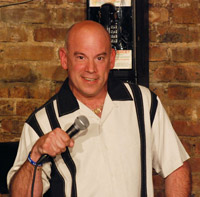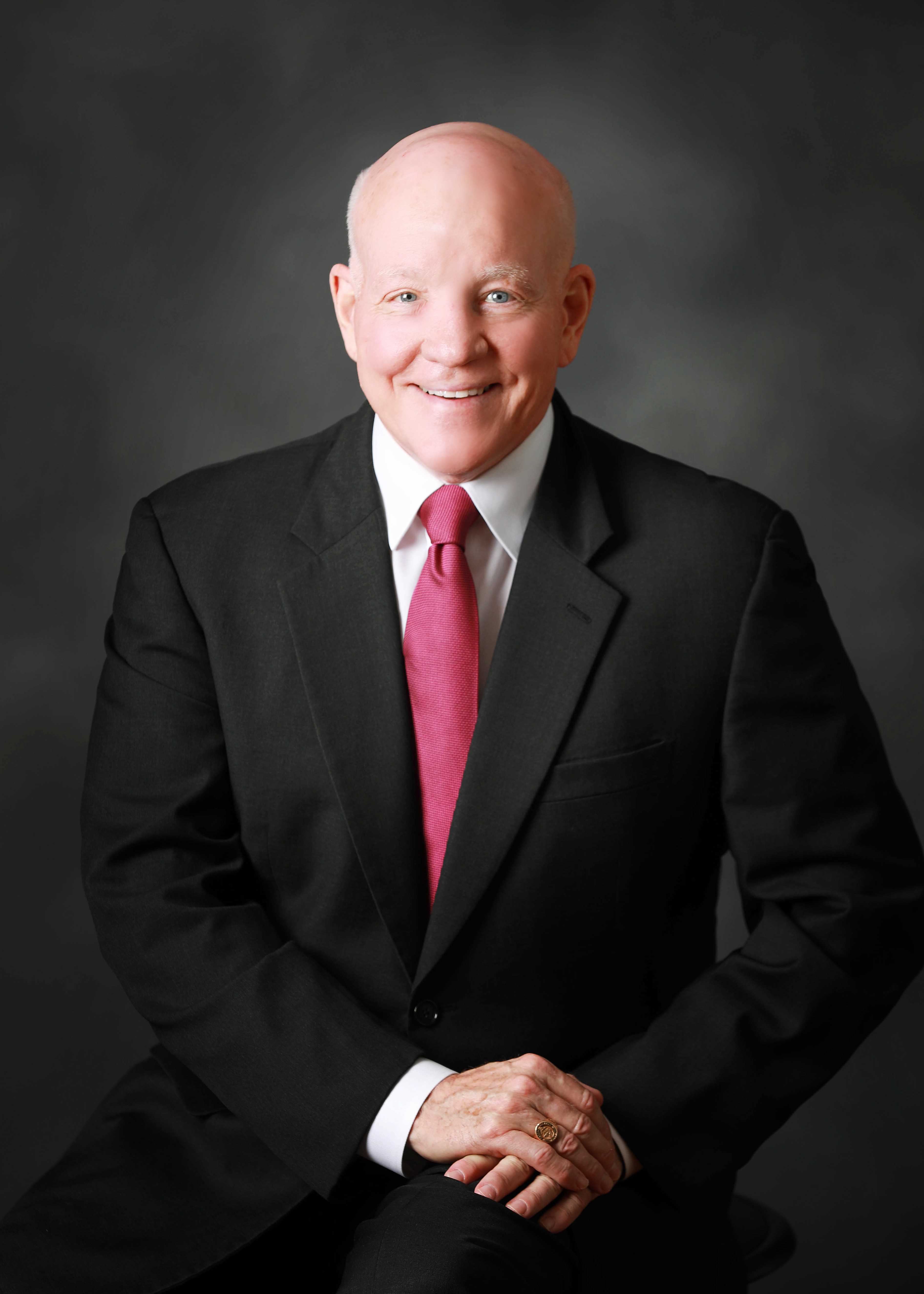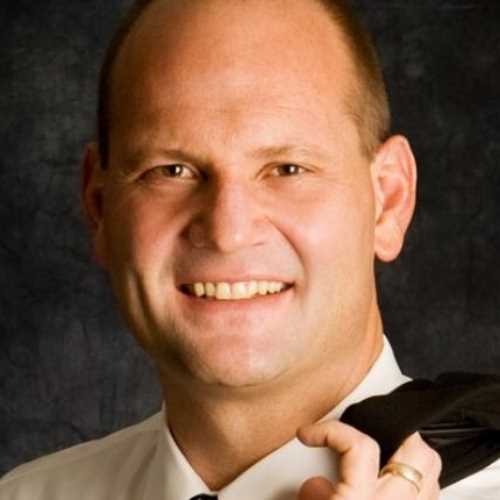
Dr. Timothy Clark
- Leadership and Change Expert
In Person-Fee 🛈
$30,000 - $50,000
Virtual Fee:
$15,000 - $20,000
Travels From
Massachusetts
Psychological Safety: Why This Leadership Skill Is Critical with Timothy R. Clark
Dr. Timothy Clark Speaker Biography
Dr. Timothy R. Clark is the rare leadership expert who spans the theory-to-practice gap as both a world-class leadership scholar and a former three-time CEO who has turned around hemorrhaging companies. As an Oxford-trained researcher, Clark can slice through the non-essential, the hype, the gimmicks, and the fads to get to the heart of leadership principles and practices.
Clark delivers his speeches with a combination of humility and commanding presence—a presence that he backs up with in-depth and penetrating content.
Clark is best-selling author of four books and more than 125 articles on various aspects of leadership, change, and innovation.
-Epic Change: How to Lead Change in the Global Age (Jossey-Bass) “Absolutely brilliant material,” Stephen R. Covey
-Leadership Bones (Bradmore Road Press). “A high-impact experience,” Christopher Germann, vice president, Gartner
-The Employee Engagement Mindset (McGraw-Hill). “Unlocks the door to professional connectedness,” Marshall Goldsmith
-Leading with Character and Competence (Berrett-Koehler). “Clark has captured leadership with elegant simplicity,” Dave Ulrich, University of Michigan
The founder and CEO of LeaderFactor, an international leadership consulting and training organization, Clark works extensively with corporations, government agencies, health care organizations, educational institutions, and non-profit organizations around the world. Before founding his own firm, Clark was CEO of Novations SDC, a consulting firm based in Boston, Massachusetts.
Dr. Clark earned a Ph.D. in Social Science from Oxford University and was both a Fulbright and British Research Scholar. As an undergraduate at Brigham Young University, he completed a triple degree and was named a first-team Academic All-American defensive-end football player.
Dr. Clark has the uncanny ability to translate theory into practice and communicate practical concepts and tools that have immediate impact. He has been affectionately called the “blue collar scholar” for his ability to find the practical application in his research, and his instincts for both the executive suite and the shop floor.
The Four Stages of Psychological Safety
Have you ever been snubbed, ignored, silenced, brushed off, ostracized, or humiliated? How about being bullied, harassed, or shamed? Perhaps scorned, passed over, or neglected? We've all been there. In all of its forms, fear activates the pain centers of the brain and triggers the self-censoring instinct – paralyzing performance, freezing initiative, and smothering innovation.
Psychological safety is a condition in which human beings feel (1) included, (2) safe to learn, (3) safe to contribute, and (4) safe to challenge the status quo – all without fear of being embarrassed, marginalized, or punished in some way. The 4 stages of psychological safety are a universal pattern that reflects the natural progression of human needs in social settings. When teams, organizations, and social units of all kinds progress through the four stages, they create deeply inclusive environments, accelerate learning, increase contribution, and stimulate innovation.
We thrive in environments that respect us and allow us to (1) feel included, (2) feel safe to learn, (3) feel safe to contribute, and (4) feel safe to challenge the status quo. If we can’t do these things, if it’s emotionally expensive, fear shuts us down. We’re not happy and we’re not reaching our potential. But when the environment nurtures psychological safety, there’s an explosion of confidence, engagement, and performance. Ask yourself if you feel included, safe to learn, safe to contribute, and safe to challenge the status quo. Finally, ask yourself if you’re creating an environment where others can do these four things. In the process, look around and see others with respect and fresh amazement, find deeper communion in your relationships, and more happiness and satisfaction in your own life.
Leading with Character and Competence.
Organizations don’t outperform their leaders, they reflect them. That’s why leadership is the most important applied discipline in the world, and yet the topic is crowed with absurd theories that have spawned a myth-making industry. At its irreducible minimum, leadership is a combination of character and competence. Leaders with high character and low competence are ineffective. On the other hand, leaders with low character and high competence are dangerous. Title, position, and authority are merely accessories. To robe yourself in the outward vestments of leadership does not make you one. The formal conferral of authority no more makes you a leader than a black turtleneck makes you the CEO of a tech company. Rank can only hint at the possibility.
Leading Organizational Transformation.
Three are only two basic processes in any organization—execution and innovation. Execution creates and delivers value today, whereas innovation attempts to create and deliver value tomorrow. There is a permanent and natural tension state between these two processes that is inherent in the role the leader. Leading transformation is both an emotional and organizational processes that leaders must learn to master. Clark describes the EPIC stages of the journey and provides practical tools for new leaders to navigate their organizations through major initiatives in highly dynamic environments. He explains how leaders can successfully summon and redirect institutional will.
Increasing Emotional Intelligence and Psychological Safety.
If leadership is influence, emotional intelligence is the conduit of influence. Emotional intelligence is a leader’s delivery system for creating value. But how? Ground-breaking research shows that emotional intelligence is the primary enabling skill for creating psychological safety, which is the level of confidence an employee feels in being able to learn, give and receive feedback, and challenge the status quo. The level of psychological safety, in turn, is the critical variable leading to both career and business impact. Clark explains how a leader’s ability to create psychological safety has become a threshold requirement of leadership in the 21st century. To create psychological safety, leaders must cultivate (1) respect, and (2) permission in the organizational culture. When they do this consistently, the organization advances through a progression of five stages: (1) exclusion/unsafe, (2) inclusion safety, (3) learner safety, (4) collaborator safety, and finally, (5) challenger safety.
The Power of Micro-coaching and Outcome Accountability.
Micro-coaching is to coaching what agility is to strategy. Consider the traditional approach to strategy: Gather senior leaders once a year, blue sky the future, set goals, create a pro forma and here we go. The problem is that in the 21st century strategy is often dead on arrival, obsolete the day it’s unveiled. Remember the premise of all strategy--value is perishable, like melting ice. The only questions is the rate of the melt. Leadership coaching must follow the same arc and respond to the same need as strategy, but in this case, it’s the need for learning agility--the ability to learn at or above the speed of change. Micro-coaching, then, is the practice of engaging people in frequent, brief, and continuous coaching conversations that move people progressively through three stages of accountability:
(1) task,
(2), project/process, and
(3) outcome.
As a former 1st Team Academic All-American football player and Oxford scholar, Clark knows a thing or two about coaching and accountability. Through his research, Clark has discovered that far too many leaders and organizations are content to allow employees to perform at task-level accountability, which breeds dependency and learned helplessness. High-performing organizations, on the other hand, have a different expectation. They move people from task-level to project-level, and finally, to outcome-level accountability. As Clark observes, "It's in this last transition that the magic happens. Once people move to outcome-level accountability, life changes because this is where the independence, creativity, autonomy, and ownership come in. This is where people have peak engagement and career-best experiences." Clark also takes audiences through his original research on delegation patterns in leaders and demonstrates how leaders gain greater leverage and effectiveness by avoiding the tendencies of the absentee landlord, the buddy, and the micro-manager.





